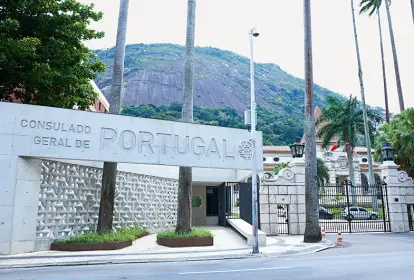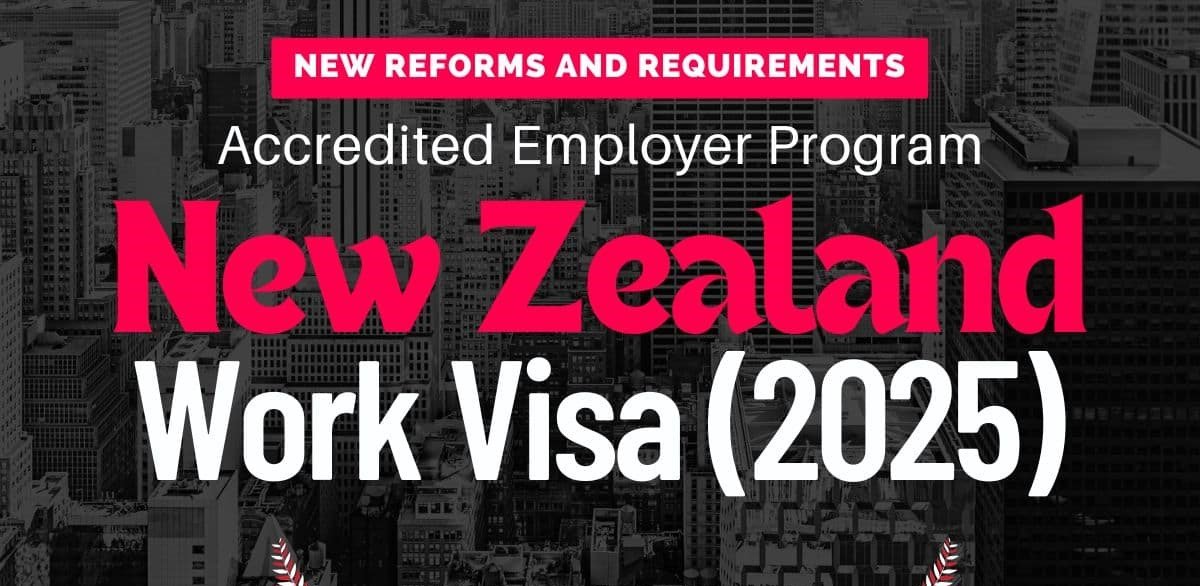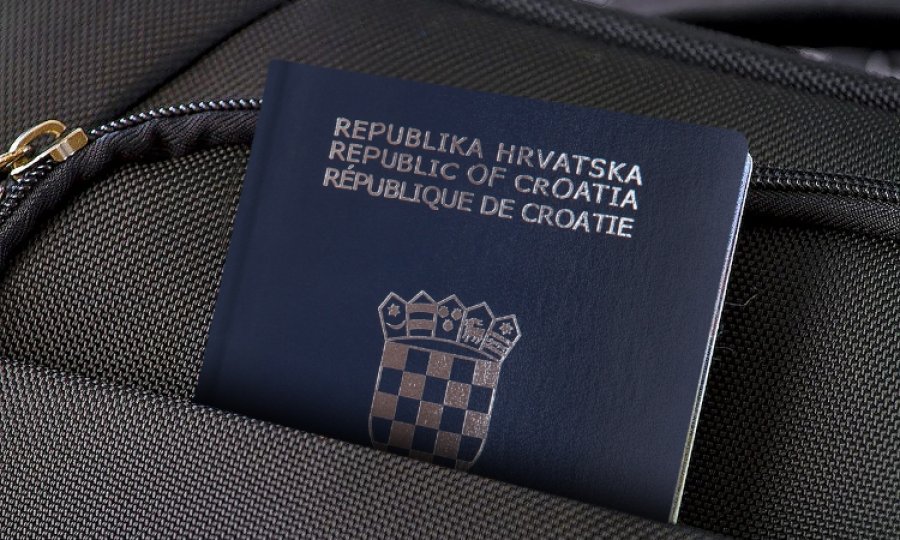
The Portuguese government has promised to expedite the process of issuing work visas to immigrants, reducing the waiting time to less than a month. This decision comes in response to increasing pressure from business leaders who have called for a faster and easier way for foreign workers to enter the country, especially given the ongoing labor shortage. António Leitão Amaro, the Minister of the Presidency of the Council of Ministers, assured that the government will speed up the visa issuance process, which currently takes up to six months through consulates worldwide. The wait is particularly longer at consulates in Brazil.
The Portuguese government has committed to issuing work visas to immigrants in under a month. After the end of the Expression of Interest program last June—an initiative that allowed individuals to enter the country as tourists and later apply for document regularization—the number of foreign workers in Portugal has declined. Employers have warned that without sufficient workers, the economy could slow down, jeopardizing growth targets. In the construction sector alone, it is estimated that 80,000 workers are needed.
The Portuguese government has pledged to issue work visas to immigrants in less than a month. However, some believe that there are insufficient resources to meet this goal within such a short time frame. “Consider the 80,000 workers needed in construction, along with those required in restaurants and agriculture. That’s more than 100,000. If 100,000 requests are received at the consulates, they won’t be able to handle it. Even now, they’re unable to resolve all cases,” she said.
The Portuguese government promises to issue work visas to immigrants in less than a month. According to a lawyer, the main issue in São Paulo is the backlog of visas for information technology (IT) professionals. “It’s a highly mobile sector, and companies post many job offers,” she explained. In her view, the problem doesn’t lie with the visa itself, but with the next stage of the legalization process in Portugal. “People arrive in the country with visas, find jobs, but there are no available appointments with AIMA to obtain a residence permit,” she added.

















